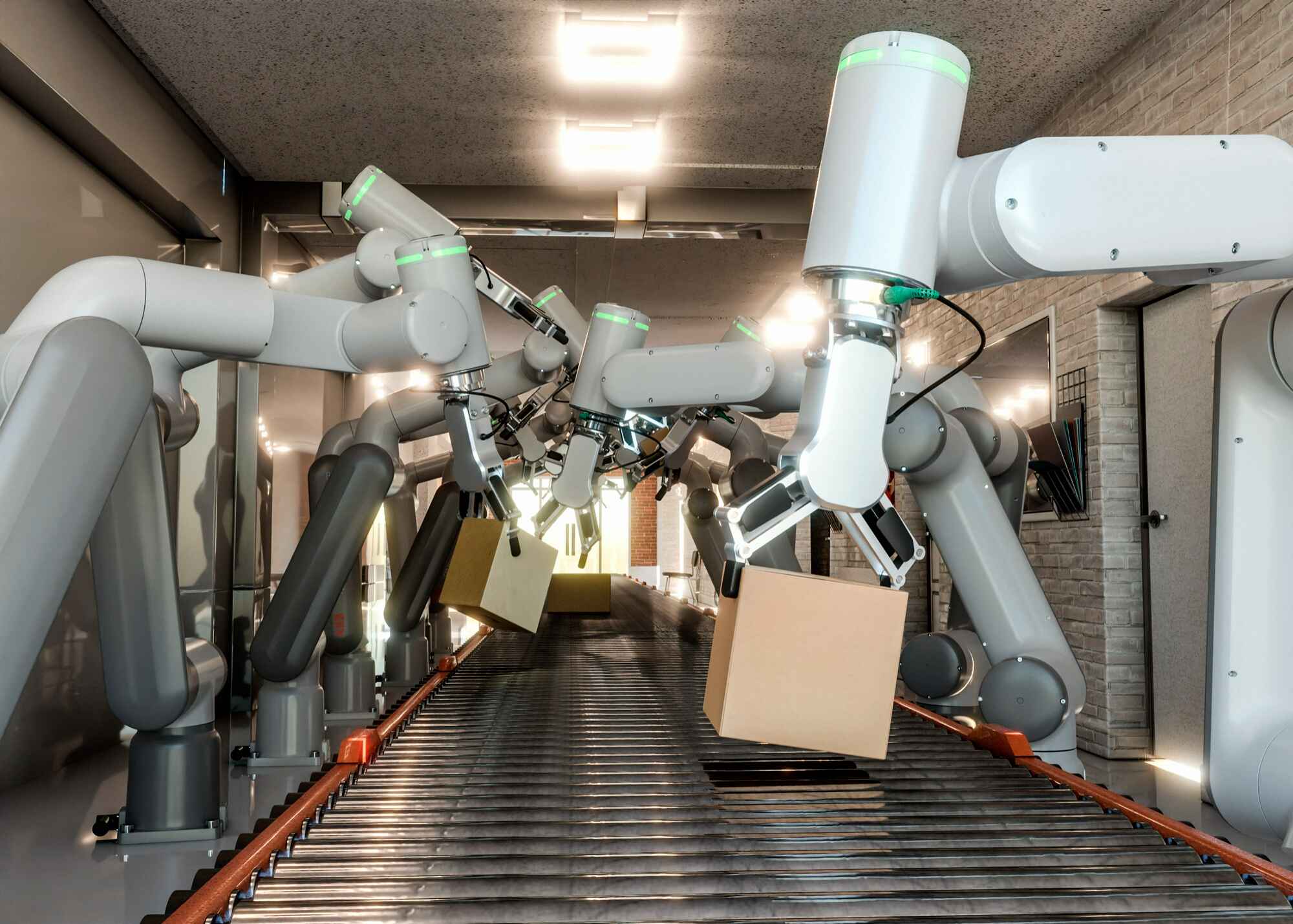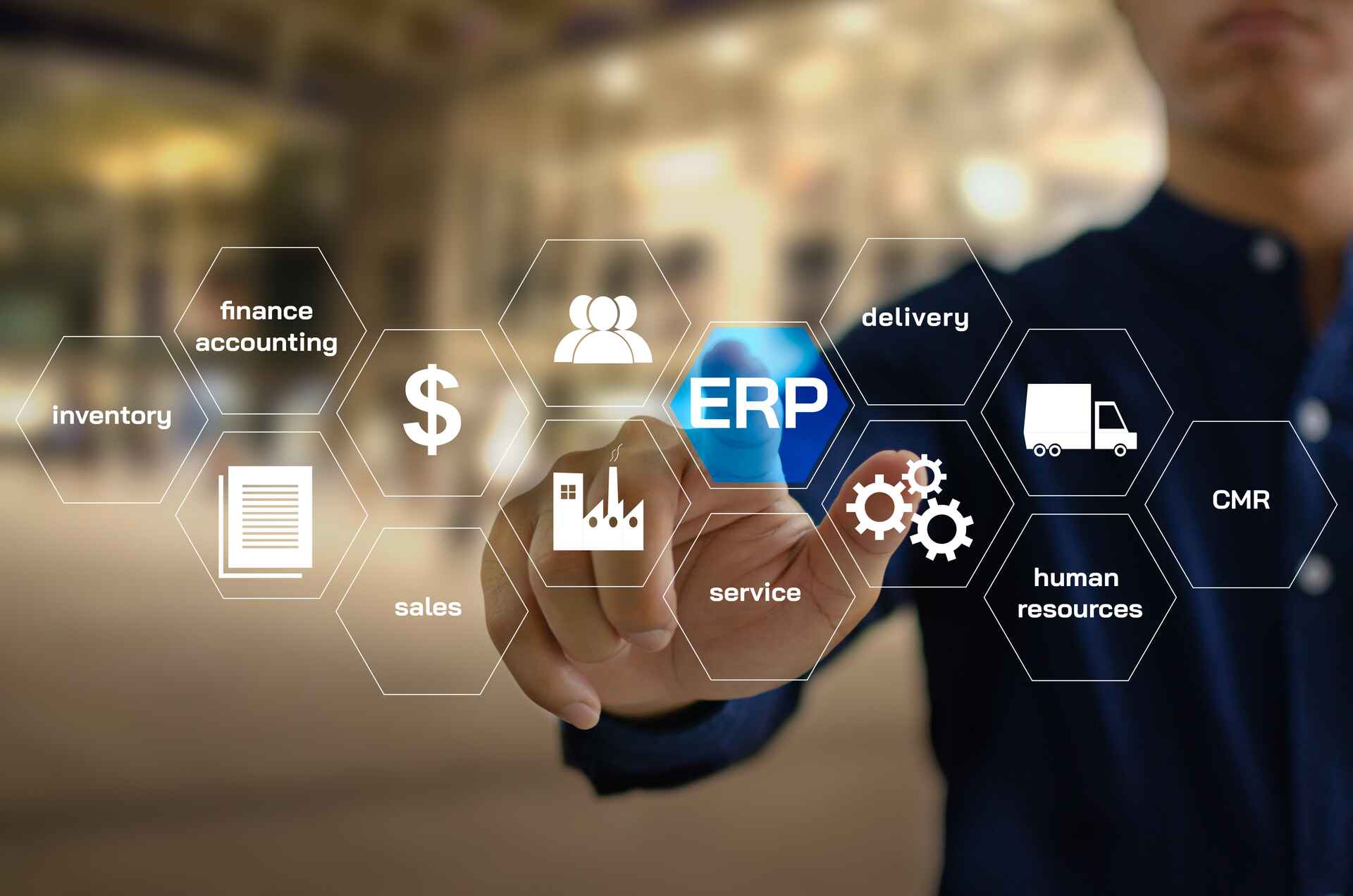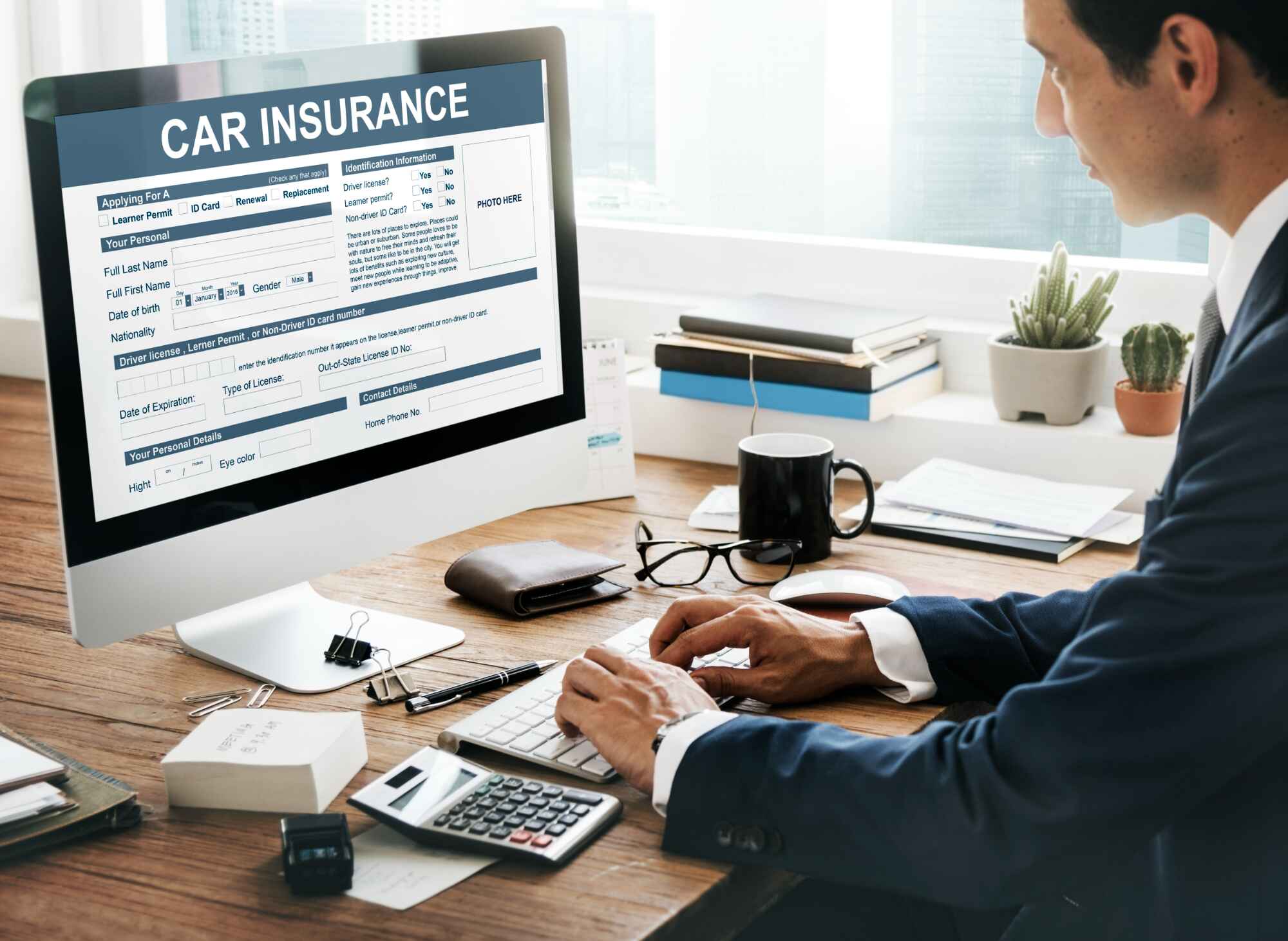Running a small business in Malaysia comes with its fair share of challenges, from managing costs to ensuring data security. Here’s where an ERP system can be a game-changer for you and your business—offering tools to streamline operations, integrate seamlessly with existing setups, and drive growth for sales.
This guide breaks down essential features of an ERP system, cost-saving benefits, and how industry-specific customisation can make all the difference. Plus, we’ll cover automation, security, and the best way to choose an ERP provider suited to Malaysia’s small business landscape.
1. Introduction to ERP System: Why It Matters

In today’s competitive market, a well-implemented ERP system can be a game-changer for Malaysia’s small businesses. From centralising data to simplifying processes, ERP helps align business functions, making operations more efficient, especially in fast-paced area like Klang Valley, Penang and JB.
ERP as a Central Hub
An ERP system centralises all business data in one place, so whether it’s sales numbers or inventory, everything is accessible with just a few clicks. This means you no longer need to juggle between different software or worry about data mismatches—everything flows seamlessly in real-time.
Streamlined Communication Across Departments
When all departments are connected via ERP System, communication becomes effortless. Sales teams can instantly update operations on incoming orders, and inventory knows what stock is needed next. This seamless collaboration saves time and minimises misunderstandings, which can be a lifesaver for company’s operation, especially when managing seasonal spikes like the Raya, CNY, and also Deepavali season.
Real-Time Data for Better Decisions
With an ERP system, you’re not working with yesterday’s numbers. You get real time insights, making it easier to make informed decisions. For instance, if sales are slower than expected, you can adjust promotions immediately instead of waiting for end-of-month reports.
Improved Compliance and Reporting
In Malaysia, regulations can differ by state, especially when operating in multiple states such as Selangor, Kelantan, or Sarawak. ERP systems support local compliance needs and provide automated reporting, ensuring that businesses stay on top of regulatory requirements without much hassle.
Growing with Your Business
ERP systems scale as your business grows, making them a reliable partner for long-term success. From adding users to expanding functionalities, ERP systems evolve with you. So, whether you’re adding a new product line or hiring more staff, your ERP adapts effortlessly.
2. Key Features Every Malaysia Small Business Needs

Every small business in Malaysia has its unique needs, but there are a few must-have ERP features that can help you stay ahead. From customer management to local compliance, here’s what Malaysian businesses should prioritise in an ERP solution.
Customisable Dashboard
A user-friendly dashboard that’s customisable to your business needs lets you see all important metrics at a glance. Tailor views for different departments, so your finance team can focus on budgets while operations check on workflow status—saving everyone’s time and enhancing productivity.
Sales and Inventory Management
Sales and stock management features are essential for tracking products, managing stock levels, and forecasting demand. For instance, if you’re running a retail shop, knowing when to reorder stock is crucial, and an ERP can automate reorder notifications, helping you avoid shortages.
Automation streamlines sales order processing, saving time on manual order entry. Small businesses, especially e-commerce sellers, benefit greatly as ERP systems update stock and initiate order fulfillment automatically after each sale.
With ERP, supply chain and inventory management are automated, meaning you always have up-to-date stock levels. This feature is a must-have for businesses managing physical goods, as it minimises downtime and ensures timely restocking.
Local Compliance Management
Malaysia has unique regulatory requirements, especially around taxes like SST. An ERP system that includes compliance management ensures you meet local regulations without manual tracking. By automating compliance, you reduce errors and avoid potential fines.
Multi-Channel Sales Support
In today’s market, many Malaysian businesses operate both online and offline. An ERP that integrates multi-channel sales—from Shopee and Lazada to in-store sales—gives you a unified view of customer behaviour, helping you make strategic adjustments across all platforms. This integration keeps your ERP updated on stock levels and customer orders, helping you meet delivery timelines and avoid out-of-stock scenarios.
HR and Payroll Management
Managing employee records, payroll, and leave can be tedious, especially as your team grows. An ERP with HR features helps manage these tasks efficiently, ensuring timely payroll processing and compliance with labour laws. Plus, employees can access their own leave balances and request time off directly.
3. How ERP Integrates with Existing Tools

Integrating ERP systems with existing tools simplifies workflows and avoids redundancy, especially when your business already uses software like CRM or accounting tools. ERP solutions designed for small businesses in Malaysia often support easy integration, enabling smoother operations across all platforms.
Smooth CRM Integration
An ERP system can integrate seamlessly with CRM tools, so you get a complete view of your customers—from sales data to support history. This integration allows sales and support teams to collaborate effectively, ensuring your customers feel valued and well-served.
Financial Software Compatibility
When your ERP works well with your current accounting software, like SQL Accounting or Bukku, you save time on manual data transfers. This integration ensures consistency across financial records, making monthly reconciliations easier and minimising errors.
Streamlined POS Integration
For businesses in retail or F&B, integrating POS systems with ERP helps maintain inventory and track sales data in real-time. This is particularly useful for small Malaysian businesses operating in bustling city markets like Bukit Bintang, Bandar Sunway, JB, where efficiency is key.
Easy Integration with Project Management Tools
Small businesses using project management software like Asana benefit from ERP integration. By syncing project timelines and tasks with ERP, teams can track resources more effectively, ensuring that projects are delivered on time and within budget.
4. ERP and Cost Efficiency: Saving Big in the Long Run

Investing in an ERP system can feel like a big expense, but over time, it saves money by streamlining operations and reducing manual tasks. In Malaysia’s competitive market, this efficiency helps small businesses remain sustainable and profitable.
Reduced Operational Costs
Automating daily tasks like inventory management or payroll through ERP means fewer staff hours spent on repetitive work. This cost-saving effect allows small businesses to reallocate resources towards growth initiatives, like new product lines or marketing efforts.
Minimised Errors and Rework
Manual work can lead to costly errors. With ERP, data flows directly between departments without re-entry, significantly reducing mistakes and rework. For example, a small business could avoid invoice errors and improve customer satisfaction with accurate billing.
Improved Inventory Management
When ERP tracks inventory levels and reorders automatically, you avoid both overstocking and stockouts. This feature is especially valuable for retailers and manufacturers where efficient stock management is critical to avoid excess costs.
Enhanced Productivity
By integrating all departments, ERP reduces the time spent on interdepartmental coordination. For instance, Zoomo Tech’s Custom ERP solutions make it easier for small Malaysian businesses to improve communication between finance and operations, boosting productivity across the board.
Return on Investment (ROI) in the Long Run
ERP systems are an investment, but the ROI grows as the business scales. With reduced operational costs and increased productivity, ERP provides significant financial gains over time, making it worth the initial setup.
5. Automation in ERP: Streamline Daily Operations

ERP automation simplifies repetitive tasks, giving business owners more time to focus on growth. In Malaysia, small businesses can save countless hours by using automation features in ERP systems, making daily operations efficient and hassle-free.
Automated Billing and Invoicing
Automated billing reduces manual input and human error, ensuring customers receive timely invoices. This feature is especially useful for Malaysian businesses in the service industry, as it improves cash flow and keeps operations running smoothly.
Automating Compliance Checks to Minimise Errors
Compliance checks can be time-consuming, but an ERP system can streamline these tasks by automatically verifying documents, procedures, and employee certifications to ensure they meet regulatory standards. Automating compliance reduces human error and keeps your business prepared for audits, saving valuable time and resources.
Automating Workflow Approvals for Faster Decision-Making
Approvals can often cause bottlenecks, especially when team leaders are busy. ERP systems can route approval requests to the right person based on set parameters, notifying them and moving the process forward as soon as approvals are received. This automation not only speeds up processes but also boosts accountability and transparency across teams.
Customer Notifications and Updates
Automated customer notifications keep your customers informed on order statuses, delivery timelines, or product updates. This builds trust and enhances customer satisfaction, essential for any small business.
6. Security in ERP Systems: Protecting Your Data

Data security is a top priority for any business, and ERP systems offer comprehensive protection to safeguard sensitive information. In Malaysia, businesses can trust ERP to meet both local and international security standards, keeping customer and financial data safe.
Multi-Layer Authentication
ERP systems often include multi-level authentication, ensuring only authorised users can access sensitive information. This feature is essential for protecting customer and financial data and helps businesses comply with data protection laws.
Data Encryption
Encryption protects data both in transit and at rest, adding an extra layer of security. Small businesses can protect their customer data, ensuring it remains private and secure, regardless of where it is accessed.
Role-Based Access Control
Role-based access control ensures that employees only see data relevant to their job. For instance, an accountant may access financial reports, but not sales figures, which enhances data privacy.
Real-Time Monitoring
With real-time monitoring, ERP systems detect unusual activity instantly. Any irregularities trigger alerts, allowing quick response and safeguarding your data against potential breaches.
Regular Security Updates
ERP providers frequently release security updates to address vulnerabilities. Partnering with a reliable provider like Zoomo Tech ensures your ERP system remains up-to-date and secure, so you stay protected from emerging threats.
7. How ERP Supports Business Growth

ERP systems do more than streamline operations; they support long-term growth. Small Malaysian businesses can use ERP to improve customer service, expand capabilities, and adapt to market changes, creating a foundation for steady development.
Enhanced Customer Service
ERP systems consolidate customer data, helping businesses offer better, faster service. By accessing a customer’s purchase history and preferences, teams can provide personalised recommendations, enhancing customer loyalty.
Scalable Architecture
ERP systems are designed to grow with your business. As you hire more staff or expand product lines, your ERP can adapt to these changes without affecting performance, making it a valuable tool for long-term growth.
Improved Data Analytics
ERP provides in-depth analytics, allowing business owners to make informed decisions based on up-to-date data. Analytics can reveal patterns, helping businesses forecast future trends and make strategic adjustments.
Streamlined Resource Management
With ERP, resource allocation is much easier. Whether you’re planning production or managing budgets, ERP helps small businesses utilise resources effectively, boosting growth without stretching too thin.
Stronger Supplier and Partner Relations
ERP also helps streamline supplier interactions by tracking orders, lead times, and payment histories. Reliable data strengthens supplier relationships, reducing delays and supporting a smooth supply chain.
8. ERP System Implementation Steps for Small Businesses

Implementing an ERP system can seem overwhelming, but with the right approach, small businesses in Malaysia can smoothly transition to ERP without disrupting daily operations. Here’s a simple, step-by-step guide to get you started.
Define Your Business Goals
Start by identifying why you need an ERP. Are you looking to streamline inventory, improve customer service, or automate payroll? Clear objectives ensure you choose the right ERP features and avoid unnecessary complexity.
Choose the Right ERP Provider
Selecting a reputable ERP provider is essential for a successful implementation. Select a provider familiar with the needs of Malaysian businesses, like Zoomo Tech, to ensure localised support and customisation options that fit your business model.
Prepare Your Data
Data preparation is a critical step. Clean and organise existing data so it can be transferred accurately to the new ERP system. This step minimises data-related issues and reduces the risk of errors after implementation.
Involve Your Team Early
Getting your team on board is crucial to successful ERP implementation. Explain the benefits and train key personnel so they feel comfortable using the new system. Early involvement ensures smoother adoption and increases the likelihood of long-term success.
Test and Customise
Before going live, thoroughly test the ERP system to ensure it meets your needs. Customising features to fit your unique processes makes a big difference, so take time to adjust settings and resolve any issues during testing.
9. Future of ERP System in Malaysia: Trends to Watch

The ERP landscape in Malaysia is evolving, with technology advancements making it more accessible and effective for small businesses. Staying aware of ERP trends helps you future-proof your business and make informed choices.
Cloud-Based ERP Adoption
Cloud-based ERP solutions are gaining traction for their flexibility and cost-efficiency. Small businesses, especially those in cities like Kuala Lumpur, Penang, Johor Bahru and Ipoh, find cloud ERP more manageable and affordable than on-premise systems, making it a popular choice. Still unsure which ERP System to choose? Contact Zoomo Tech for more advice on selecting the right one.
AI and Machine Learning Integration
Artificial intelligence (AI) and machine learning are transforming ERP. Predictive analytics, for instance, helps forecast inventory needs or customer trends, enabling businesses to plan more effectively and respond faster to market changes.
Mobile ERP Solutions
With Malaysia’s growing mobile-first population, mobile ERP systems are becoming essential. Mobile ERP lets business owners manage operations on the go, making it simpler to stay informed even when traveling or away from the office.
Industry-Specific ERP Solutions
ERP providers are increasingly offering solutions tailored to specific industries. Small businesses in retail, F&B, and logistics can now access ERP systems customised to their unique needs, streamlining operations without excess features.
Conclusion
In this guide, we’ve covered ERP essentials for Malaysia’s small businesses, from core features to integrating tools, automating tasks, enhancing security, and driving growth. With steps to implement and future trends to watch, these insights aim to simplify ERP systems and make them more accessible to entrepreneurs navigating digital transformation.
At Zoomo Tech, we understand the unique challenges Malaysian businesses face and offer custom ERP solutions designed to fit your specific needs. Whether you’re looking to streamline operations or scale efficiently, we’re here to support you at every step, enabling you to maximise ERP’s full potential. Contact us today, and let’s grow together!




